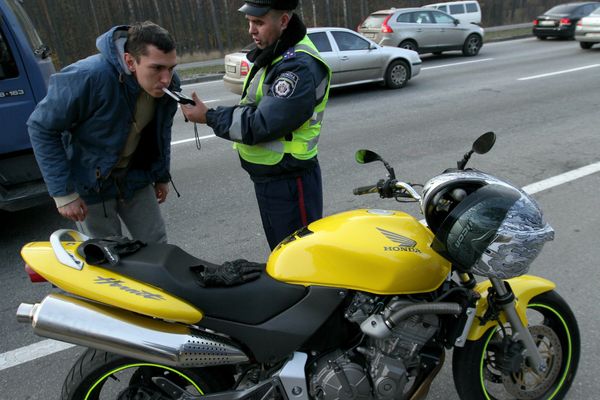If you're looking for other debunked ways to lower your breath alcohol content (BAC) reading, you're in luck! However, it's important to note that attempting to trick a breathalyzer could result in legal consequences.
Mouthwash or Breath Spray
Some believe that using mouthwash or breath spray just before taking a breathalyzer test can mask the alcohol or trick the device. Many mouthwashes and breath sprays contain alcohol, which can actually increase the BAC reading rather than decrease it. This method can backfire and lead to higher readings.
Eating Strong Foods or Using Breath Mints
The idea here is that eating foods with a strong odor or using breath mints will mask the smell of alcohol, leading the officer to believe you're not intoxicated, or somehow interfere with the machine's ability to detect alcohol. Breathalyzers measure alcohol levels, not the smell of your breath, so this method is ineffective.
Hyperventilating, Exercising, or Holding Your Breath
Some people think that hyperventilating, exercising just before a test, or holding your breath can lower BAC readings by changing the composition of the breath. While these actions might slightly alter the breath sample, they do not significantly affect the concentration of alcohol in your bloodstream.
Breathalyzers are designed to measure deep lung air, where alcohol concentration is most closely related to blood alcohol content.
Drinking Water or Eating Food to Dilute Alcohol
The theory is that consuming large amounts of water or eating food will dilute the alcohol in the system, leading to a lower BAC reading. While staying hydrated and eating can affect how your body absorbs alcohol, they do not significantly change the alcohol concentration in your breath by the time you're tested.
The breathalyzer measures alcohol content in the breath that comes from the lungs, not the stomach.


